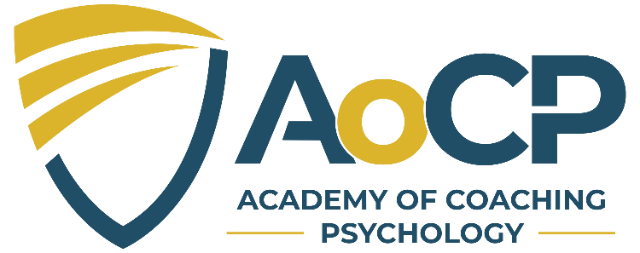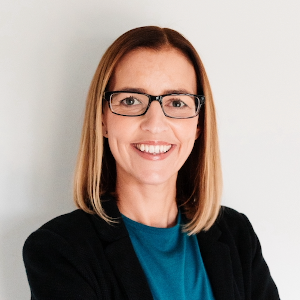I Didn’t Set Out to Create a Coaching Academy
Sep 29, 2025I didn’t set out to create an academy…What I set out to do was solve a problem I saw everywhere in the coaching world.
Through my work as a Coaching Psychologist and Supervisor, I kept hearing the same stories. Coaches with enormous hearts and real talent:
- Who still felt unsure how to go deeper with clients.
- Who stuck to surface-level tools, even when they sensed something more powerful was waiting just beneath the surface.
- Who didn’t feel confident enough to integrate mindset, emotion, or identity into their practice.
And here’s the thing: it wasn’t because they weren’t capable. Far from it. These were skilled, thoughtful coaches. But no one had ever shown them how to safely and confidently go there.
That gap is what led to the Academy of Coaching Psychology.
Why the Gap Exists
Most coach training programs do a solid job of teaching structure: the frameworks, the listening skills, the goal-setting conversations. But that’s only part of the picture.
When clients come to coaching, they rarely bring “just” a goal. More often, they arrive with a bundle of hope, self-doubt, competing priorities, and sometimes an unspoken question of identity: Who do I want to become through this process?
And that’s where many coaches feel the wobble. They can see the deeper story but don’t feel equipped to step into it. They worry about “going too far” or straying into therapy territory.
But here’s the truth: psychology gives us a language and a toolkit for these exact moments.
Take flow theory, for example. Research by Mihaly Csikszentmihalyi shows that people thrive when challenge and skill are in balance. Too much challenge and they feel anxious. Too little and they disengage. Coaches who understand this can help clients design goals and actions that sit in that sweet spot where growth feels energising rather than overwhelming.
Or consider Barbara Fredrickson’s broaden-and-build theory of positive emotions. It tells us that emotions like curiosity, joy, or gratitude don’t just feel good; they actually expand our thinking and build resources for the future. Coaches who know this can help clients harness small moments of positivity to spark creativity, resilience, and momentum.
And let’s not forget identity work. Change sticks when it’s aligned to who we believe we are (or who we want to be). A client might set a goal to “exercise more,” but unless they begin to see themselves as “someone who takes care of their health,” the change rarely lasts.
This is the psychology that underpins lasting transformation.
Why I Created the Academy
That’s why I built the Academy of Coaching Psychology: to close the gap. To help experienced coaches bring psychology into practice in a way that’s ethical, accessible, and genuinely transformative.
It’s not about turning coaches into therapists. It’s about equipping them with tools, frameworks, and confidence to use the science of human behaviour in ways that stay firmly within coaching boundaries.
At the AoCP, we translate research into practical strategies you can apply straight away. We explore questions like:
- How do you support a client to shift perspective without telling them what to think?
- How do you work with emotions safely and constructively in coaching?
- How do you build resilience, confidence, and hope in clients without sliding into “positivity at all costs”?
We balance theory with practice. We put science in service of humanity. And above all, we hold the belief that coaching is at its best when it empowers both coach and client to think more clearly, act more purposefully, and live more fully.
A Reflection for You
I want to pause here and turn the focus to you. Think about your own coaching for a moment:
- When have you felt that tug, the sense that more was possible in a conversation, but you didn’t quite know how to unlock it?
- What stopped you? Was it a lack of tools, fear of overstepping, or simply not knowing where to start?
- How might your coaching change if you had the confidence and skills to go deeper, to bring in mindset, emotion, and identity in ways that felt natural and safe?
Take a moment to jot down whatever comes up. Those reflections are often the start of the journey.
Where This Leads
For me, creating the Academy wasn’t about building a business. It was about elevating the profession I care deeply about. Coaching deserves to be taken seriously as a discipline and not just a collection of techniques, but an evidence-based practice that changes lives.
And coaches deserve to feel confident, equipped, and supported in the work they do.
So, if you’ve ever felt that pull for more - more depth, more meaning, more skill to match your intuition - then you’re exactly who I had in mind when I created the AoCP.
Your Next Step
If you’re curious about how these ideas translate into coaching practice, our free masterclass is a good place to start. It introduces the foundations of Positive Psychology Coaching and offers space to reflect on how this approach could support your development as a coach.


